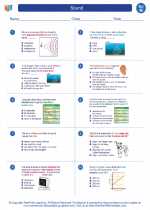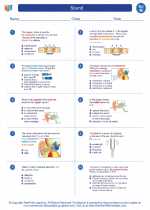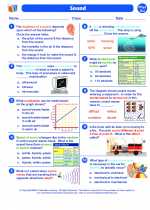Computer Engineering
Computer engineering is a branch of engineering that integrates several fields of computer science and electronic engineering to develop computer hardware and software. It involves the design and development of computer systems and includes a combination of computer science, electrical engineering, and mathematics.
Study Guide for Computer Engineering
- Introduction to Computer Engineering: Understand the basic concepts of computer engineering, including the relationship between hardware and software, and the role of computer engineers in designing and developing computer systems.
- Digital Logic and Computer Architecture: Study the fundamental principles of digital logic circuits and computer architecture, including topics such as Boolean algebra, logic gates, and processor design.
- Data Structures and Algorithms: Learn about different data structures and algorithms used in computer engineering, and their applications in software development and system design.
- Computer Networks and Communication: Explore the principles of computer networking, including network protocols, data transmission, and network security, as well as the design and implementation of communication systems.
- Embedded Systems and Microcontrollers: Gain an understanding of embedded systems and microcontroller programming, including real-time operating systems, sensor interfacing, and control systems.
- Software Engineering: Study the principles of software development, software design patterns, and software testing, as well as the methodologies for managing software projects.
- Computer Architecture and Organization: Explore the internal structure and organization of computers, including memory systems, input/output systems, and parallel processing.
- Integrated Circuit Design: Learn about the design and fabrication of integrated circuits, including semiconductor devices, VLSI design, and electronic circuit simulation.
By mastering these concepts and topics, students can develop a strong foundation in computer engineering and pursue further studies or careers in this field.
.







